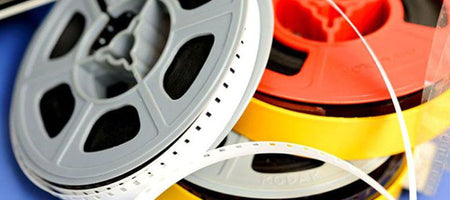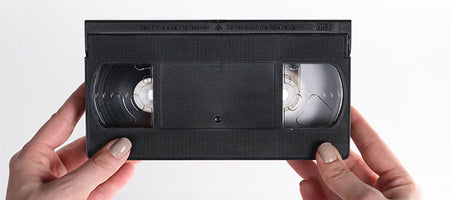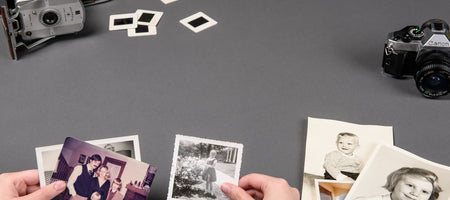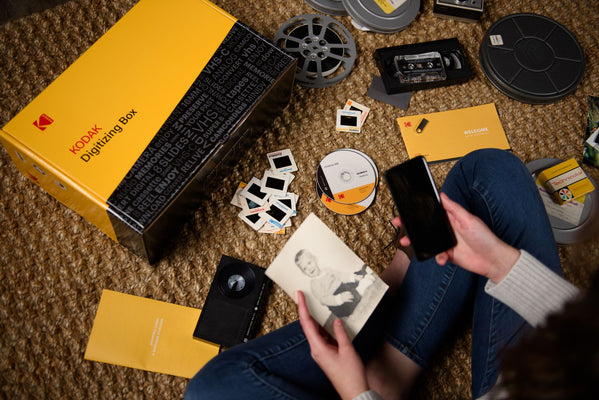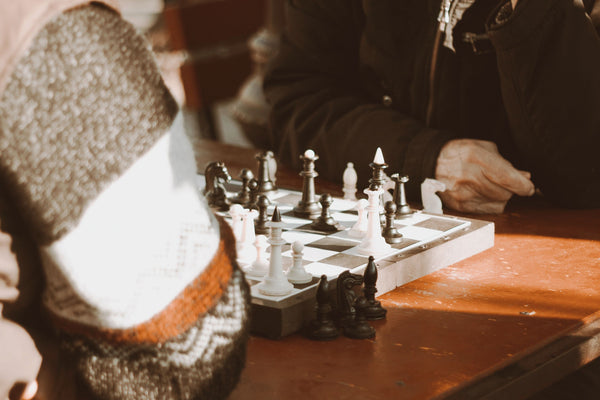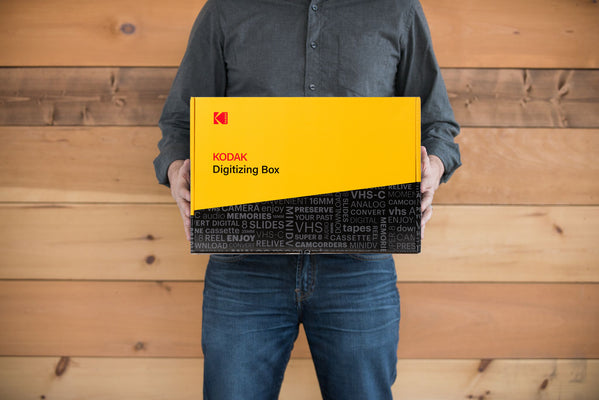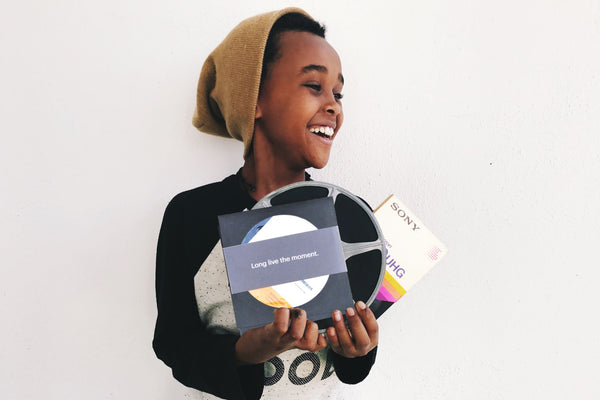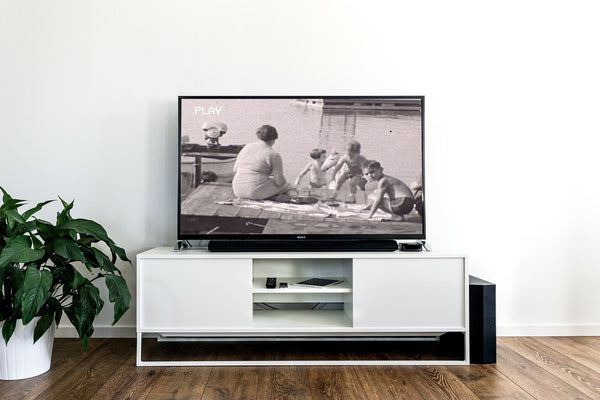The rise of ancient media is kind of a funny topic when you think about 21st century technology
. We live in a digital world that’s run by smart device this and smart device that. They even have names – Alexa, Cortana and Siri – that will answer at your beckoning call. And when it comes to today’s music, Spotify basically runs the world.
So, is it true that people are rejuvenating the relic of the cassette tape to make a comeback as their preferred listening method?
Actually, yes and more than you think. Let’s take a peek at it’s history to see if it lends to its recent resurgence.
Years before CDs ruled the music industry, cassettes were the premium way of listening to your favorite tunes. They were portable, thanks in large part to the introduction of the Sony Walkman in 1979; they were easy to use, press play and then flip it over to hear the other side; they didn’t skip, which was awesome for on-the-go listening; and you could make mixtapes for friends or your childhood crush – a proven method for landing a date.
The funny thing about the cassette is that like it’s 8-track predecessor, it was initially created for the lucrative in-car entertainment segment in the late 60s throughout the mid-70s. But by then, the cassette tape had gained higher ambitions beyond just accompanying passengers on their commutes and had attained permanent stature in people’s homes.
With all that being said, it’s not like the cassette tape didn’t have its flaws. It may have been easy to use but it was annoying if you wanted to listen to a certain song – fast forward, but not too much. Rewind, but not too far. And let’s not forget about the tendency for their magnetic tape to get stuck or eat itself in the deck player. With so many moving parts, it’s no wonder people didn’t rely on tapes to last forever.
So why are cassettes coming back now?
Well, it seems like nostalgia is a much stronger selling tactic now, more than ever before. Maybe it’s because things today look a lot different than things did when Baby Boomers, Gen X and Millennials were kids, and being able to recapture just a glimmer of that simpler time is enough to bring back fond memories.
Just look at the vinyl renaissance that has swept the world over the last couple decades. Sure, vinyl has been around a lot longer than the cassette tape and it was a format literally made for home entertainment, but you can’t deny the parallel paths that both these old analog pieces have and are carving for themselves. Like vinyl, people love the tangibleness of cassettes. The look, the feel, the way the listener gains an emotional connection to the piece because they have to physically play it. Looking at the artwork and the lyrics while you listen to it, creating a full immersive experience - you name it.
It also didn’t hurt their comeback case when smash hit movies and shows like Guardians of the Galaxy and 13 Reasons Why made cassette tapes look cool again. Need more proof, just look at the numbers behind the cassette tape revival. In 2017, 174,000 tapes were sold in the U.S. Sure, that number doesn’t sound like much, but by 2018, that number had grown by 23%. By 2020, that number had nearly doubled.
However you look at it, cassettes have definitely landed in that indie/hipster niche for alternative ways to listen to music. And with some of the world’s biggest artists like Taylor Swift, Jay-Z, The Weekend, blink-182 and AC/DC all releasing new (and old) albums on cassettes, the comeback has never felt more real. Or should we say sounded more real?
Oh, and say what you want about the less than stellar fidelity of the cassette. There’s something super cool and welcoming about that fuzzy audio tape sound. It’s like a warm blanket for your ears.
Happy listening.

